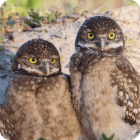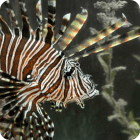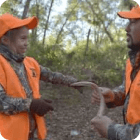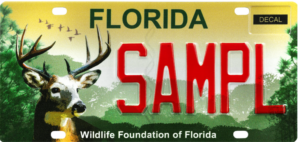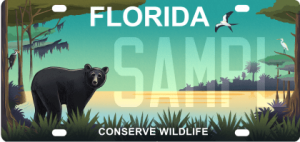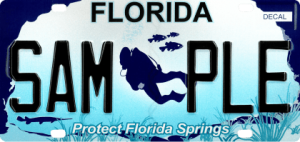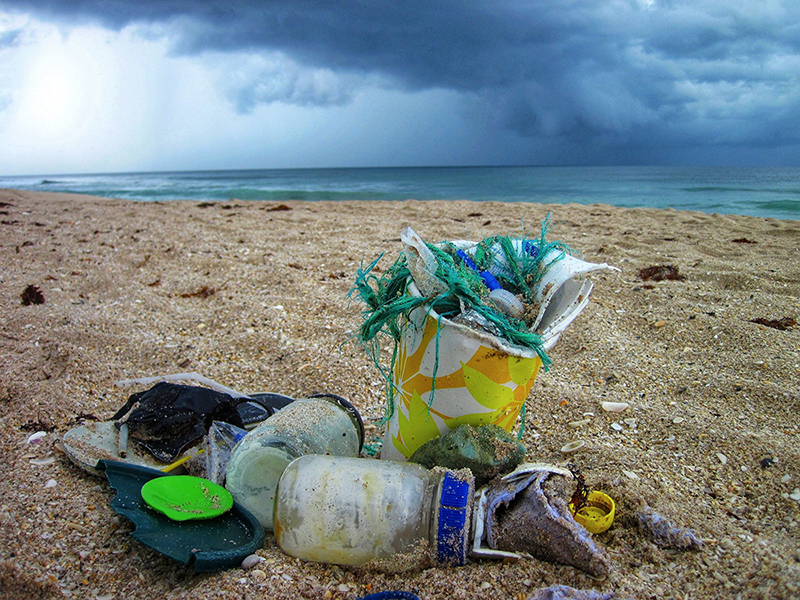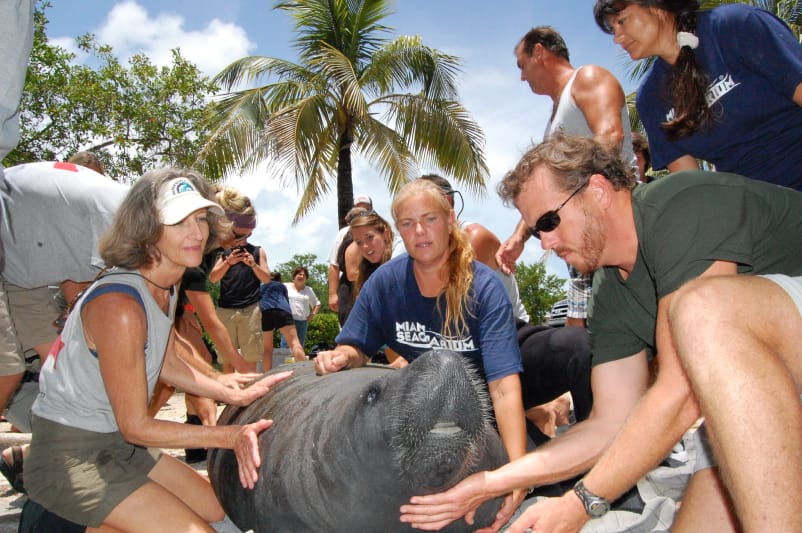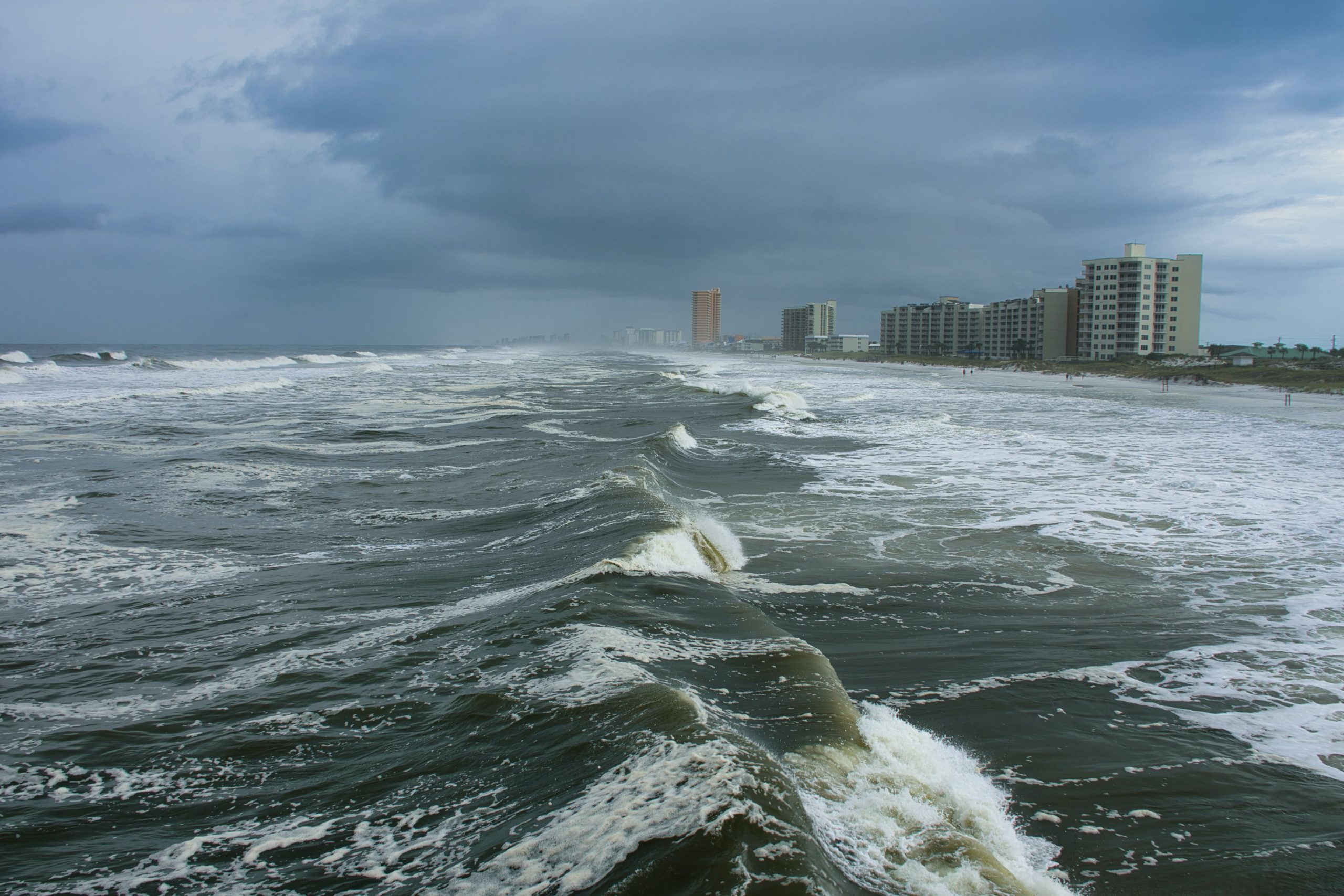
With the official start of hurricane season on June 1, it is important to ensure that you and your family are prepared. Whether it’s your first hurricane season in Florida or your thirtieth, review the effects major storms have on our wildlife to keep both them and your family safe.
Burrowing Owls
Unusual heavy rainfall can cause flooding in areas where burrowing owls live, particularly open prairies. Burrowing owls may be found in unusual places post-storms as they wait for their burrows to drain. It’s important to give this state-designated threatened species its space as their habitat recovers.
Live in burrowing owl territory? FWC is requesting proposals from organizations working to preserve burrowing owl habitat. Click here to learn more about requirements and how to apply.
Snakes
You are more likely to see snakes with higher water levels post-storm. Most snakes you will encounter are likely to be nonvenomous and will be more scared of you than you are of them. If you see a snake, stay back. Snakes are not aggressive toward humans unless they feel threatened, but keep your eyes peeled when clearing debris post-storm.
Fish Kills
Hurricanes often lead to an increase in fish kills due to changes in salinity and low dissolved oxygen in the water. Use the Fish Kill Hotline to report major fish kills to FWC throughout hurricane season: 800-636-0511.
Manatees
Manatees can become trapped or stranded during major storms. After Hurricane Hermine in September 2016, seven manatees were stranded in the golf course pond at the Plantation on Crystal River. If you are aware of a stranded, trapped, injured or dead manatee, call FWC’s Wildlife Alert Hotline at 888-404-3922.
Our Foundation works to address both the societal and environmental losses caused by hurricanes. In the aftermath of Hurricanes Irma and Michael, we gave over $250,000 for relief and recovery efforts. Support our efforts to protect Florida’s wildlife by donating here. And check out FWC’s website for updates about wildlife and storms.
